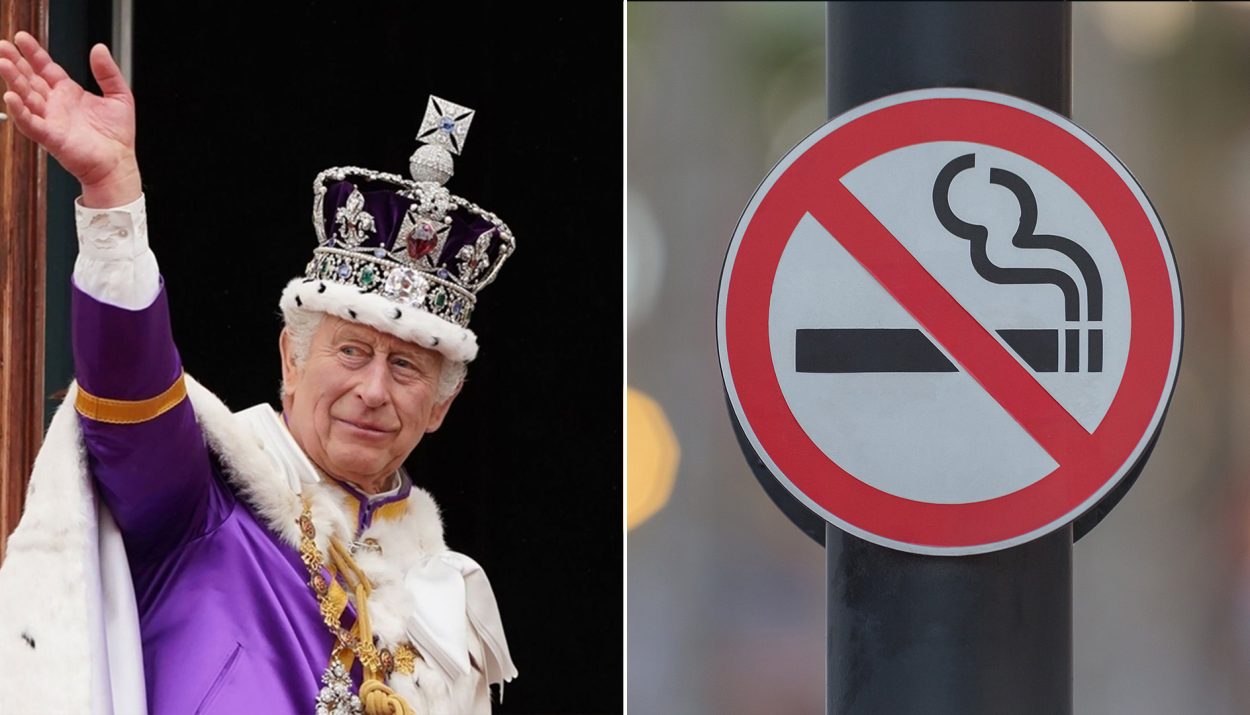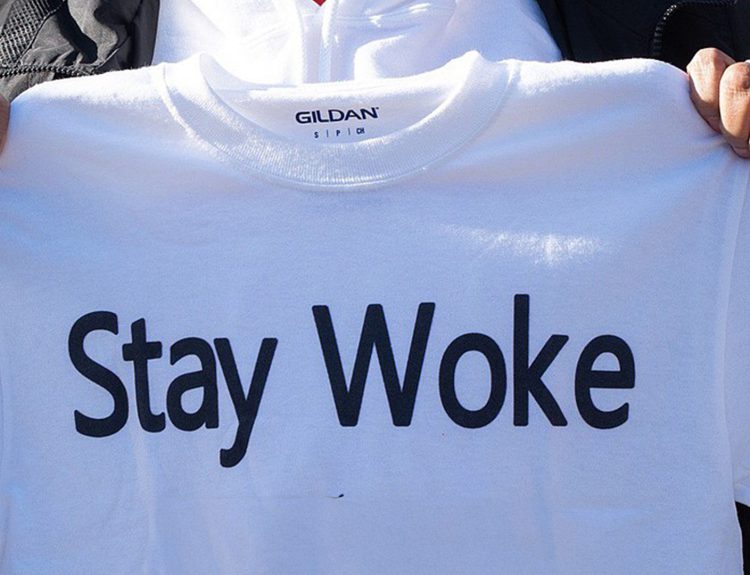Cigarettes have been a common sight in modern society. However, in a new and controversial statement in the King’s Speech, King Charles notes that British Prime Minister Rishi Sunak will move for a complete ban on cigarettes in the coming year. What does this mean for the thousands of smokers in Britain?
A Well-Thought-Out Plan
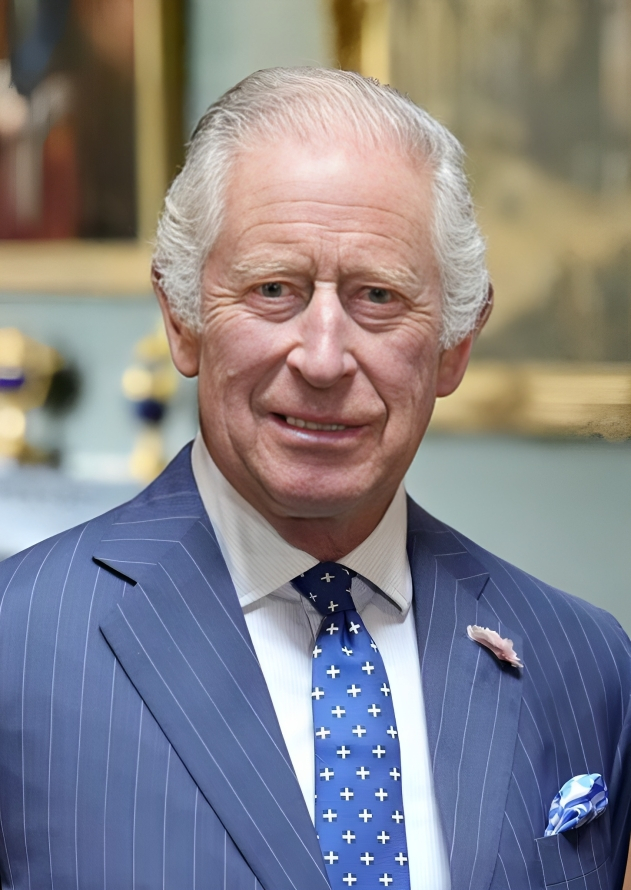
The British Monarch, King Charles III, reiterated the government’s plan to phase out cigarettes gradually. That doesn’t mean that the items will stop being available immediately, but the government has a gradual strategy that aims to stop smoking in the nation’s youth.
According to this plan, the legal age to buy a cigarette will rise by one year yearly. Currently, the legal age to purchase cigarettes is 18. Based on this plan, King Charles stated that it would eventually be illegal for any child currently at the age of 14 to ever buy a cigarette.
A Joint Effort By Crown and State
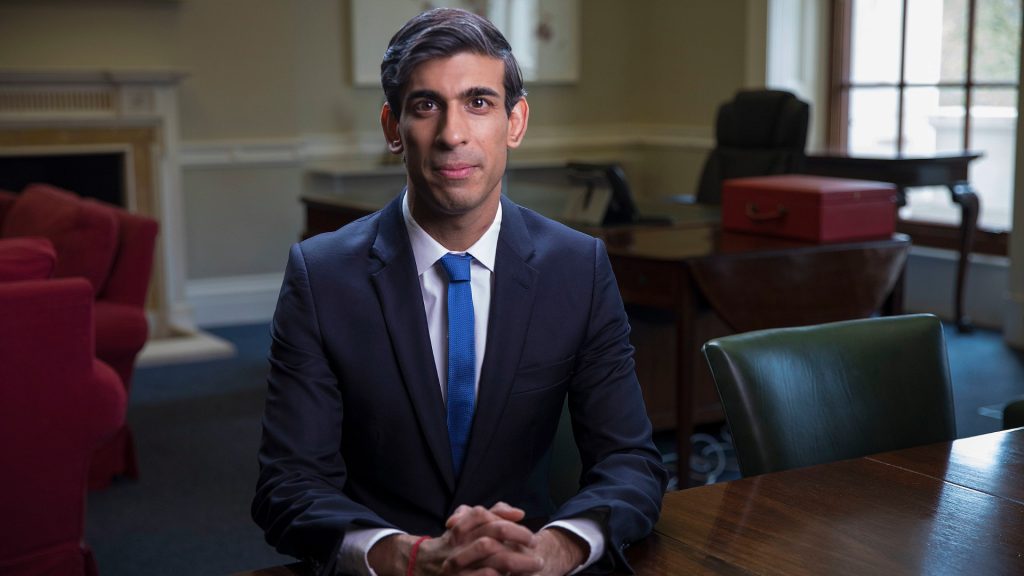
This push to ban cigarettes is not a new one. Prime Minister Rishi Sunak had said previously, “We must tackle the single biggest entirely preventable cause of ill health, disability and death. Smoking currently causes one in four cancer deaths in the UK,” he went on to clarify.
Because of the potential impact of this legislation on the average British citizen, members of parliament will not be told how to vote. The ban will become the subject of a “free vote,” with each MP casting their ballot on their own merit and (ideally) the decision of their constituents.
A New Spin On an Old Idea
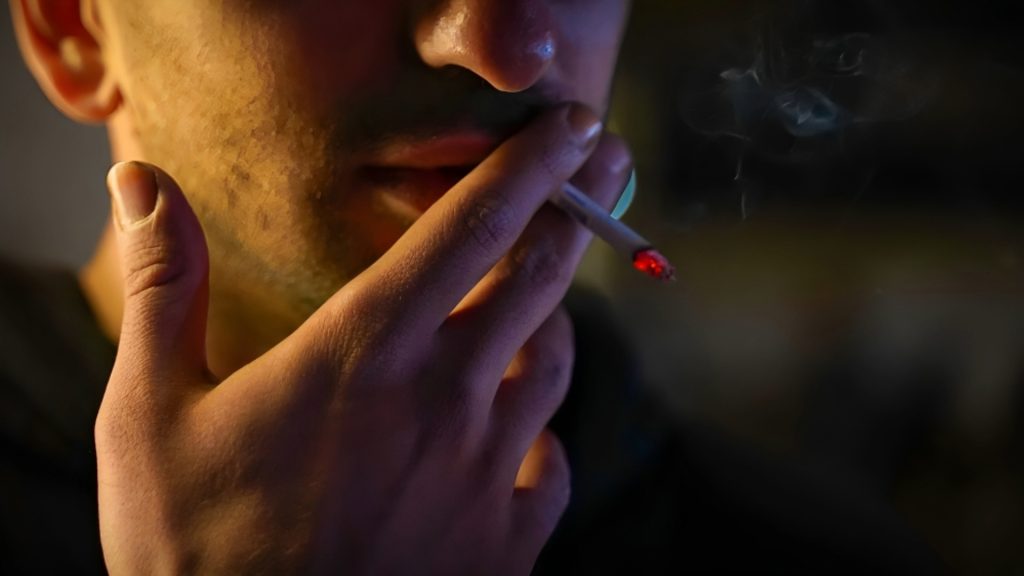
The suggestion of introducing a year-on-year increase in the smoking age was put forward previously. Javed Khan, former CEO of Barnardo’s, proposed the idea to parliament in 2022, but the Boris Johnson-led government didn’t think it was a viable option for stamping out smoking.
Proponents of the ban are in agreement that smoking should be limited. Prime Minister Sunak wants to have Britain smoke-free by 2030 (meaning less than 5% of the population engages in the habit). Opposition to the ban suggests that it may create a black market and add more crime to the streets.
How Bad Is Britain’s Smoking Problem?
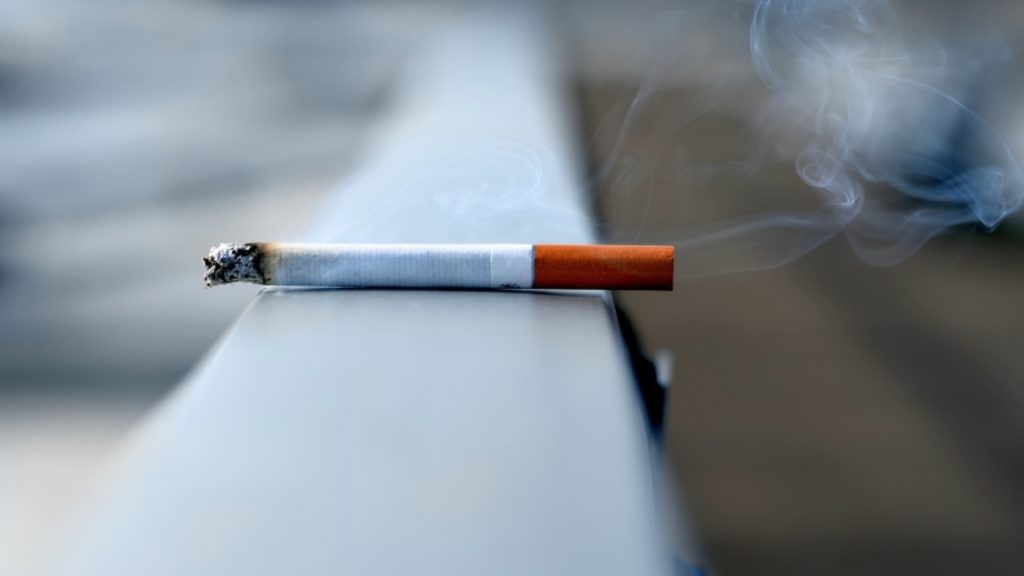
According to statistics, smoking numbers have been on a gradual decline since the 1970s. Unfortunately, that slow decline is not enough for the government. Estimates put current smoking numbers at around 5 million people in all of Britain.
The ban is supposed to slowly make it difficult for smoking to exist by making it harder for young people to get cigarettes. Older smokers may be able to ride out the ban and avoid running into trouble acquiring cigarettes. Currently, one in nine 18 to 24-year-olds smoke, and Prime Minister Sunak wants to reduce that number to zero.
Smoking Can Be a Serious Problem

According to the British National Health Service, smoking costs as much as 17 billion pounds ($32.6 billion) a year. It’s estimated that by introducing the ban, cancer deaths could fall by as much as one-quarter. The biggest problem is that many people get into it in their youth and can’t kick the habit later.
Prime Minister Sunak noted, “Four in five smokers have started by the time they are 20. Later, the vast majority try to quit.” They inevitably fail because they’re addicted, so the goal is to make sure that cigarettes are more challenging for them to get in the first place, preventing them from getting addicted.
Not As Easy As It Seems

On the surface, this strategy seems like it could work. However, a few opponents have pointed out flaws in the PM’s well-thought-out plan. Some economists point out that introducing a ban could lead to massive black-market-trade in cigarettes, especially to minors.
Christopher Snowdon, head of Lifestyle Economics at a free market think tank, noted, “You’re going to have, almost certainly, a fairly large, informal market of smokers who are old enough to buy cigarettes selling cigarettes to people who are not old enough.” Prohibition, he says, doesn’t change consumption; it just leads to a loss of tax revenue for the government.
Not Total Agreement From Parliament, Either

While the King and the Prime Minister agreed on what should be done, some MPs were unsure about the rationale. Former Prime Minister Liz Truss stated that the government needed to stop banning things. It was understood she would be voting against the ban on cigarettes.
Further measures, such as changing the packaging for vapes so that they can’t be sold to minors, were also on the cards. However, for now, vapes won’t be included in the sales ban. PM Sunak noted that banning vapes doesn’t make sense since it’s not really the most dangerous product.
Learning From The Past?
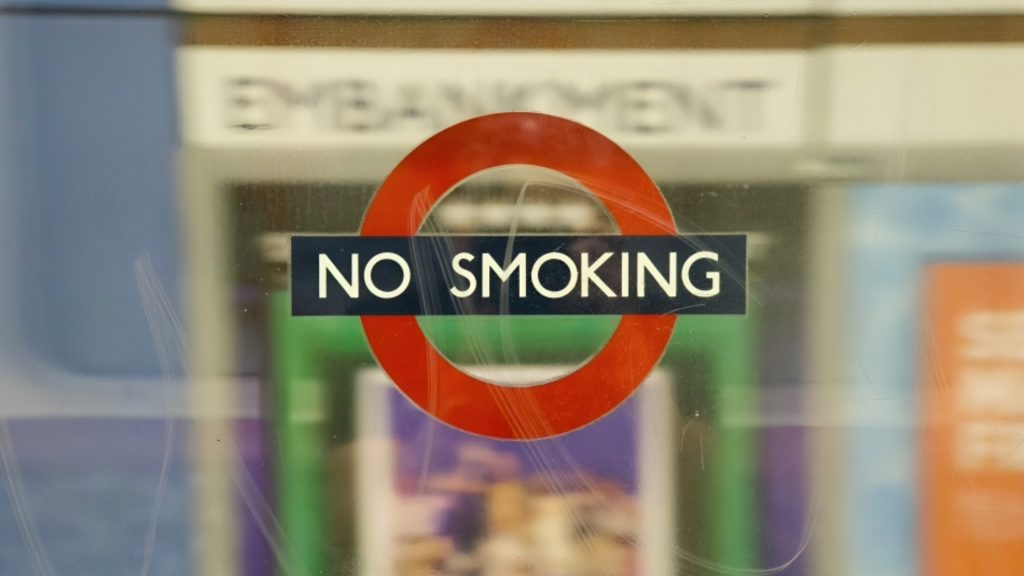
Alcohol and cigarettes are socially acceptable drugs despite their potential for abuse. The ban on cigarettes is ambitious, but the US tried in the past to ban alcohol, and that didn’t work out so well for them. Hopefully, Britain will learn a little bit about the right way to go about it.
Smoking has a track record of being bad for health. Years of litigation in the US led to cigarette companies changing their manufacturing process to conform to new rules and regulations for safer products. Even so, cigarettes still kill many people every year.
Will it Really Stop Smoking?

As with all legislation, it might have a positive impact on the overall smoking population, but it’s just as likely to backfire. This could go wrong in many ways, and part of it stems from younger people getting smokes from their older friends or family members who can buy them.
Buying their first pack of cigarettes may have been a coming-of-age purchase for many British youth. With this new legislation, they may never have the chance to buy that pack of cigarettes or smoke it. And it could potentially save their lives in the long run.

